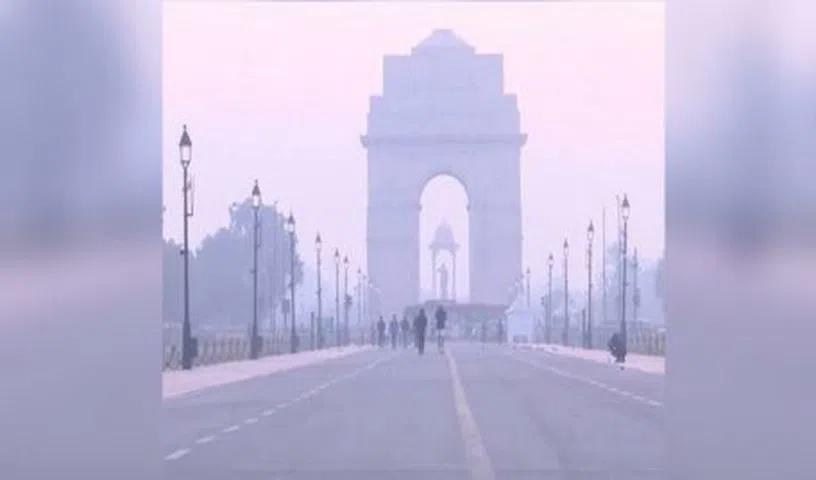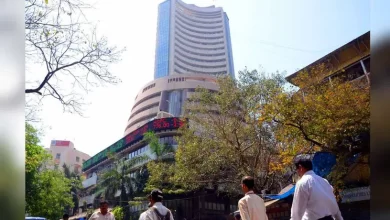
Health insurance companies’ proposal to up premiums by 10-15%, ostensibly due to a surge in claims in New Delhi, will set a dangerous precedent
As if the burden of living in the world’s worst polluted city is not enough, the residents of the national capital are in for another shock. Health insurance companies have proposed to increase the premiums by 10% to 15%, ostensibly due to a surge in claims in New Delhi, largely linked to diseases caused by severe air pollution. If approved, this move will penalise the people already suffering from toxic air while setting a dangerous precedent for the future of health insurance in the country. Insurers argue that a massive spike in pollution-related claims, particularly for respiratory and cardiovascular illnesses, necessitates an increase in premiums. The insurers’ proposal not only imposes an additional financial burden on people but also raises serious ethical questions. Air pollution is not a personal choice but a result of systemic failure. Unlike habits such as smoking or an unhealthy lifestyle, which can influence insurance rates, pollution is an unavoidable external factor. Citizens have absolutely no control over the air they breathe. So, any attempt to penalise them financially for it amounts to shifting the burden away from policymakers and industries responsible for pollution to individuals who are merely trying to survive in an increasingly toxic environment. The proposal borders on being a criminal insult being added to a state-inflicted injury. The justification being given by insurance companies is based on the standard risk assessment model: higher hospitalisation rates should lead to higher insurance costs. While this may sound logical, it ignores fundamental ethical issues.
The worsening air pollution in India in general and the national capital in particular has been a public health emergency for many years. The accountability for fixing this crisis lies with the governments. A rise in premiums may seem like a small adjustment from an industry perspective, but for many, it could mean losing access to health insurance altogether. In a country where healthcare costs already strain household budgets, making insurance more expensive will only widen the gap between those who can afford quality healthcare and those who cannot. A 10-15% hike could make insurance unaffordable for some groups, forcing them to rely on out-of-pocket expenses, which often lead to financial distress in medical emergencies. If this model is approved, insurers could extend it to other polluted cities like Mumbai and Kolkata, creating a fragmented insurance landscape where residents of heavily polluted areas pay more for the same coverage. Encouraging preventive healthcare, subsidising air purifiers for vulnerable groups, or working with the government to tackle pollution at its source are more desirable responses. The insurance regulatory body must also demand long-term data before allowing pollution to influence premium pricing. This proposal is not just about insurance; it is about responsibility. If pollution is making people sick, the solution is not to make them pay more. It is to make the air cleaner.







